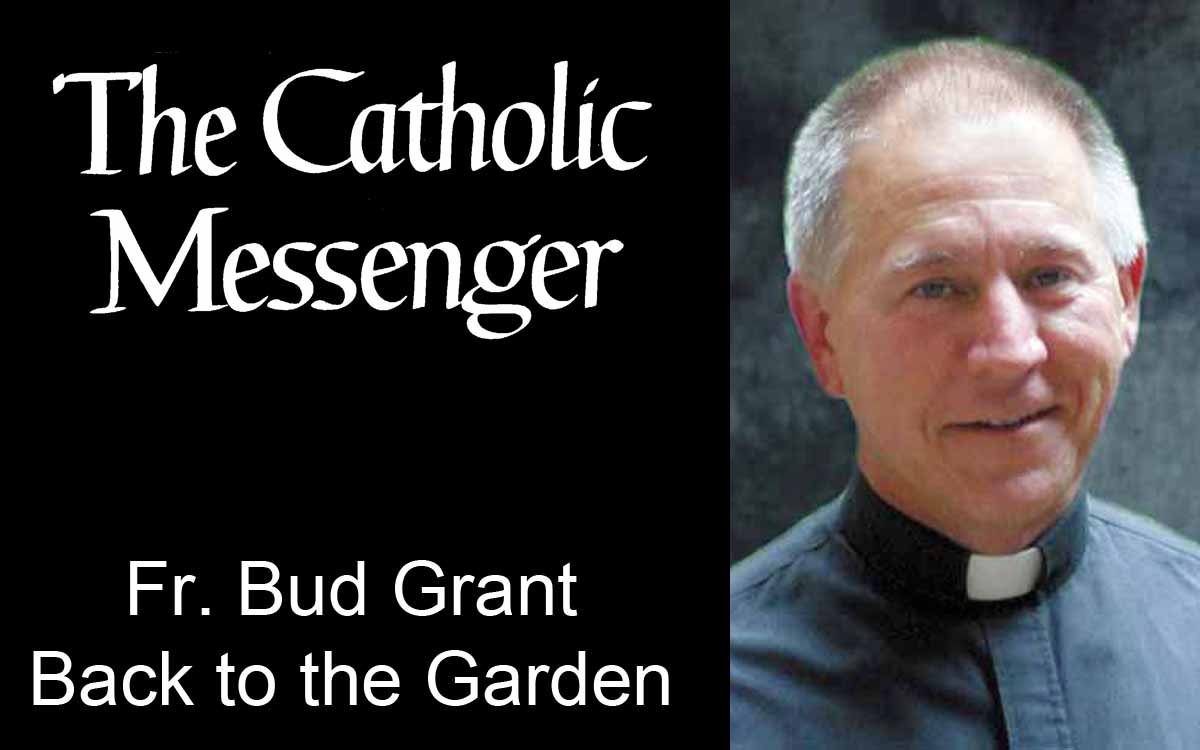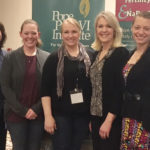By Fr. Bud Grant
Recently a friend gave me a book edited by Paul Hawken called “Drawdown: The Most Comprehensive Plan Ever Proposed to Reverse Global Warming.” The title is cheeky … it is the ONLY plan currently being proposed to “drawdown” global warming. That is because the International Panel on Climate Change (IPCC) long ago surrendered the idea that we can reverse climate change. Rather, it talks about “adaptation” and “mitigation.” Hawken’s motivation is simple: offering specific strategies for success, not scaring people, motivates them. Put another way, the politics of fear are trumped by the politics of optimism. Or, in our Christian terms, hope, not threat, converts.
 The prophets, of course, used both coercion and encouragement. If Israel had sinned, they threatened the loss of the Holy Land; if Israel was repenting, they promised restoration. For the record, prophesy does not mean predicting the future any more than when a parent admonishes a child to “straighten up or else.” That there are negative consequences of bad behavior and positive of good is not reading tea leaves, it is just explaining the way things work.
The prophets, of course, used both coercion and encouragement. If Israel had sinned, they threatened the loss of the Holy Land; if Israel was repenting, they promised restoration. For the record, prophesy does not mean predicting the future any more than when a parent admonishes a child to “straighten up or else.” That there are negative consequences of bad behavior and positive of good is not reading tea leaves, it is just explaining the way things work.
Of course some prophets, like Jonah, had a real taste for threatening dire consequences. Even John the Baptist seemed disturbingly loquacious when calling people a “brood of vipers” or discussing the threshing floor chaff to be “burned in an unquenchable fire” (Mt. 3:7-12). It feels good to haul out good old-fashioned “fire and brimstone” admonitions.
In current political realities, it does seem that fear works. We are urged to be threatened by the immigrant, to despise minorities, mistrust the press, mock democratic institutions, accuse the accuser of sexual transgression and suspect the motives of environmentalists. To be sure, this triggers a counter-barrage of “fearing the fear monger,” which devolves into ideological mud wrestling rather than coherent, fact-based debate.
The Gospel offers us guidance through this increasingly murky morass. It is called the truth. Interestingly, the truth can sound like a threat or a promise, depending upon one’s disposition. As a test, consider your visceral reaction to the following truths:
Fidelity to the Gospel is not measured by what we gain from it in the next life but by what we expend for the most vulnerable in our midst in this life. The alien, the stranger, the marginalized, the afflicted and persecuted, the earth itself … these are God’s beloved. What we do to or for them we do to or for Christ.
It is never about “me” but always about “us.” The Common Good constitutes the Bible’s ethical concern. Future generations, today’s marginalized, and God’s creation have privilege — not my individual success. Salvation is not attained except by death to one’s personal desires, dreams, ambitions, aspirations, hopes, goals, fears and anxieties.
Nature is God’s creation: it is not our property but, rather, we are stewards of this great treasure. If there is a reasonable degree of probability that we are harming it, self-serving political propaganda aside, we ought to stop doing that.
There is only one commandment: Love God and love one another. Any other regulation is either a “fence around the Torah” (that is, a reasonable dictate to preserve us from committing a sin against that one command) or, frankly, precisely the sort of pharisaical imposition that was so adamantly condemned by Christ that it led to his crucifixion. Oh, for the record, this is not an excuse for anti-Semitism. When the Gospel authors condemn pharisees, they are speaking to “pharisaical” Christians, not Jews.
Dare I say this? If this angered you, it is you — not the truth — that is accused. If you were angered by the chasm between the truth and our current realities, then do something about it. You were unmoved? Why? Whether by encouragement or threat, the truth is the same. The earth, the future, and our salvation hang in the balance.
So… how about a New Year’s resolution?
(Father Bud Grant is a professor of theology at St. Ambrose University in Davenport.)











